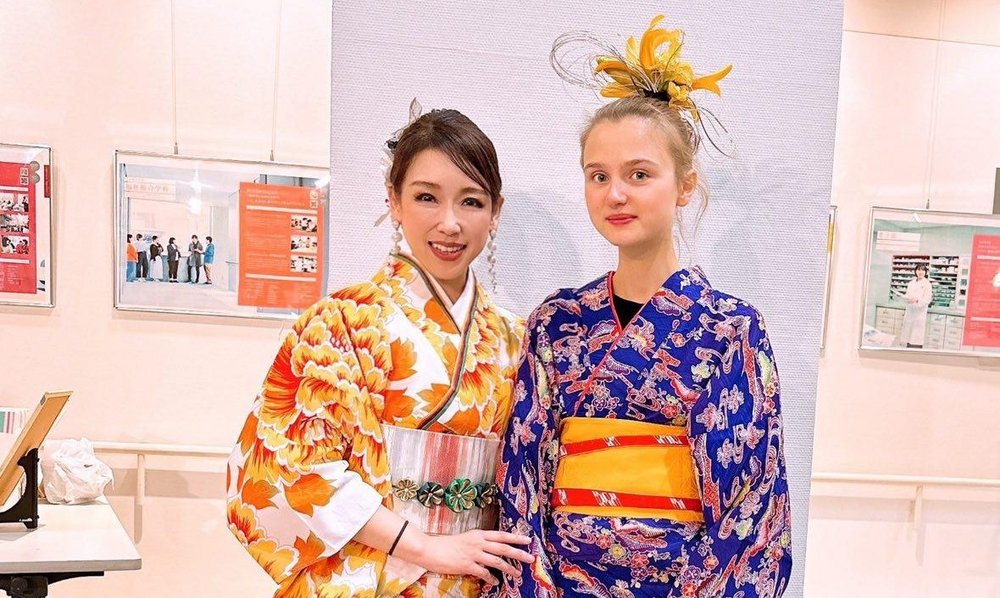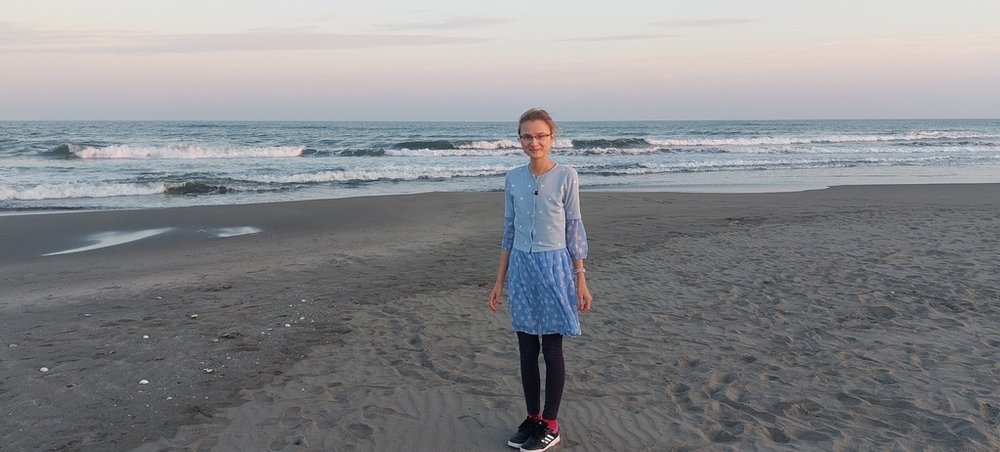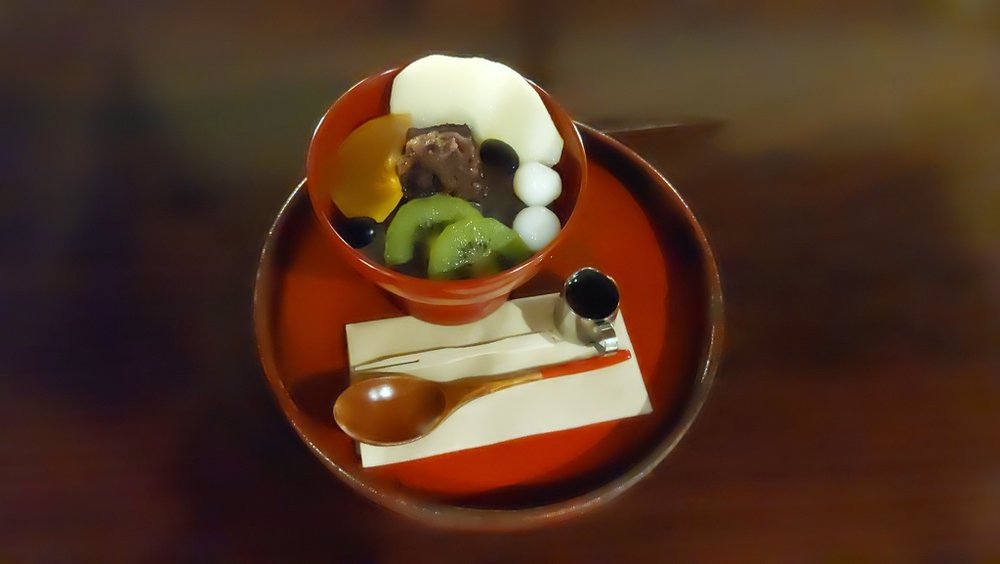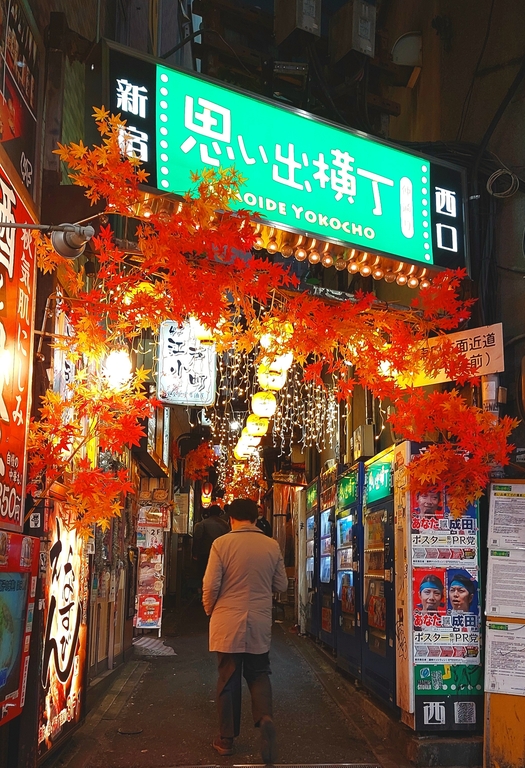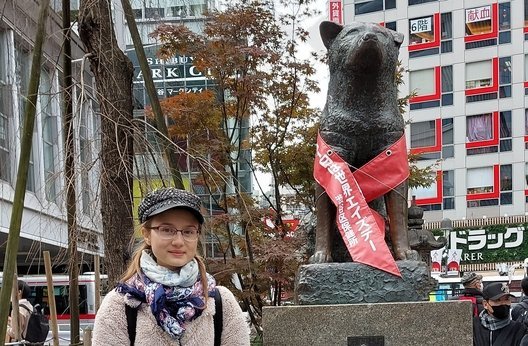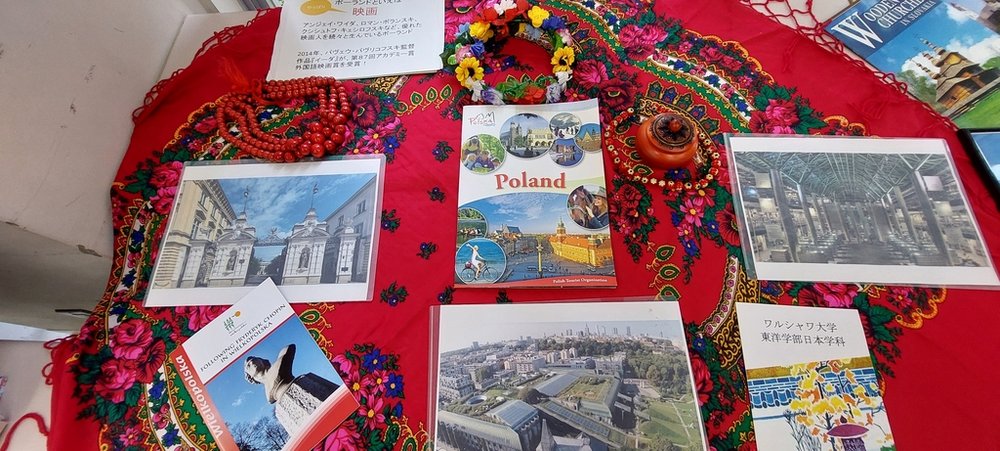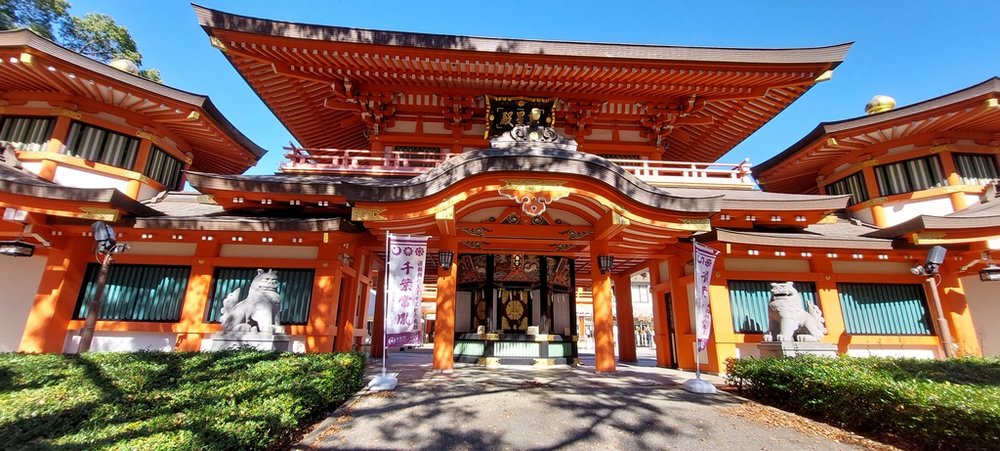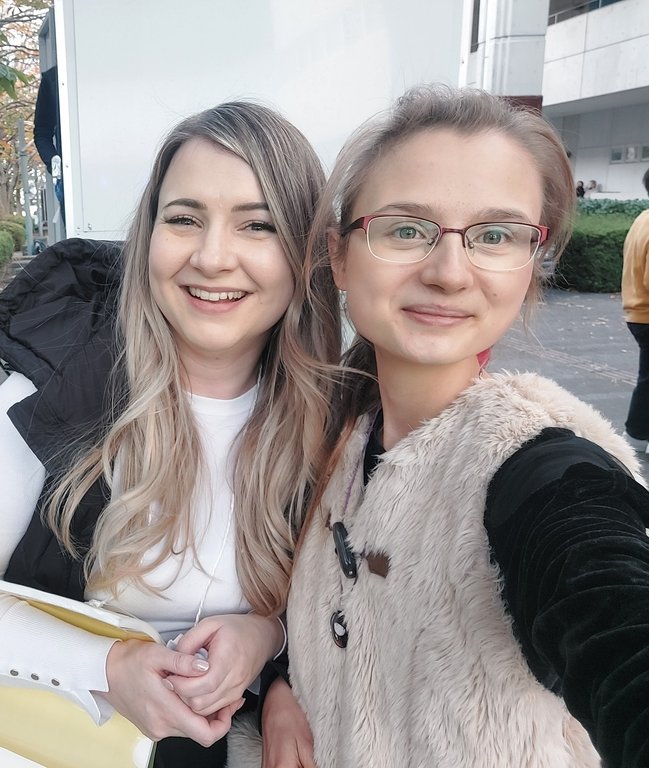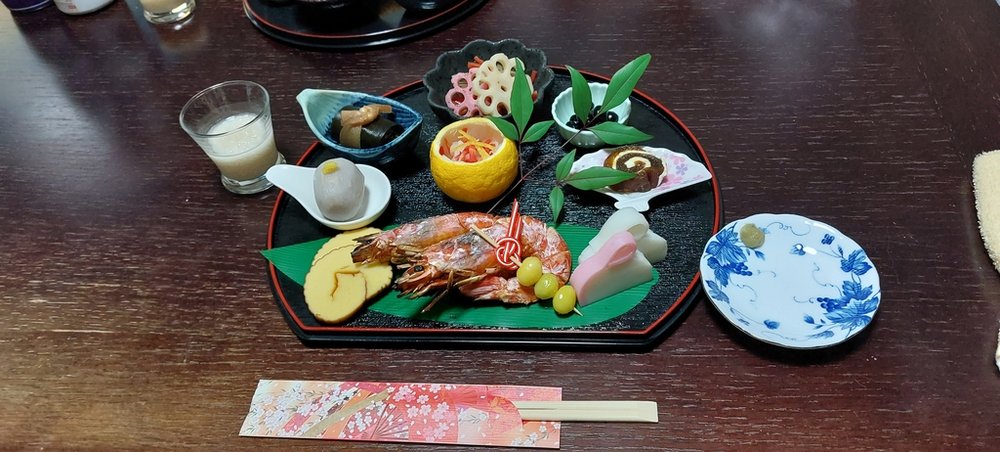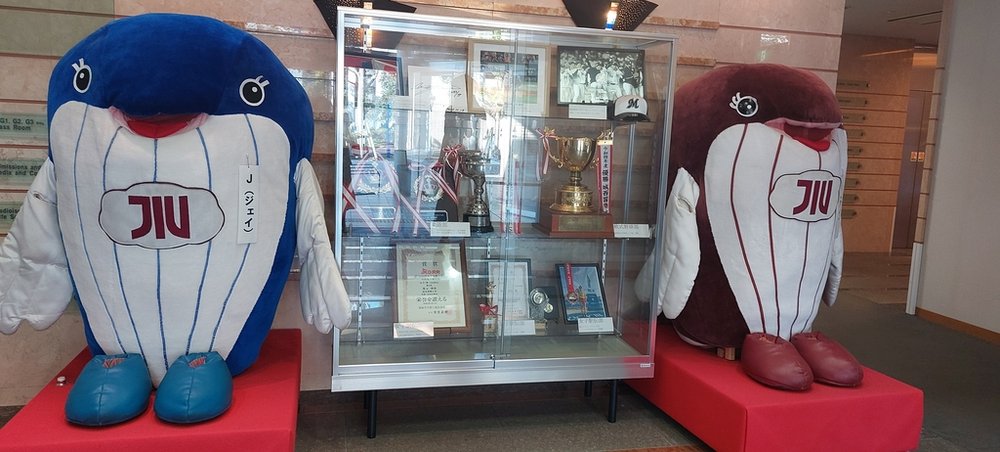To win a JASSO scholarship, you can apply for 11-month trips to universities in Togane or Saitama. If you want to study at Saitama, you need to know Japanese at a minimum level of N2 (understanding everyday Japanese, reading texts in newspapers, magazines – editor's note). Universities also differ in terms of their study curricula. I have had the pleasure of studying at Josai International University in Togane, where I attended intensive Japanese language classes, as well as additional classes in English (Gender Studies, Japanese Culture and others).
Once you have received your scholarship, you must pass an entrance exam to determine your level of mastery of the language. At N3 level, I had two types of courses from Monday to Friday. So, the contact with Japanese is very intense. In addition to studying during the scholarship, after the classes, you can join, for example, a tea club, judo, tennis classes and other activities thanks to which you can make new friends and improve your language skills.
Some may be put off by the fact that Togane is a fairly small town and it takes more than two hours to get to Tokyo. However, I will try to convince you that this is a good place to be. Living in a small town in Japan for a language learner is a great opportunity to really brush up on your Japanese. Japan is a country where English proficiency is still not that common, especially in smaller cities. At the university, staff can give you information in English, but staff in shops, restaurants or pharmacies may not. The same applies to any information, such as street signs or banners. In larger cities, most of them are in both languages, but in Togane – not so often. It is certainly a challenge, but let me tell you, there have been people with me who have just started learning Japanese and yet they have done very well. The Japanese are more than happy to support you in overcoming language barriers, even though they may seem a little intimidated at first.
Another reason why, in my opinion, it is worth going on such a scholarship is that you will have the opportunity to revise your existing interests (assuming this would be your first extended stay in Japan). By studying information about the country in Poland, you will never get the real picture. Very often we may have a misconception of Japan that we will not be able to verify without actually being there. Thanks to this, you will check whether you really want to associate your future with it or whether it is just a temporary fascination. And I believe that it is better to define your interests sooner rather than later.
When you go on a scholarship, you are not a tourist but a student. This fact changes a lot, considering the attitude of the Japanese towards you. Just like representatives of other nations, they have the same attitude towards visitor-tourists – the desire for profit dominates. That's why they are so eager to invite them, for example, to restaurants or stalls. As a student, you will be, in their eyes, someone who is genuinely interested in their country. Personally, when I met Japanese people from outside the university, I always introduced myself and indicated that I was in Japan on a scholarship. As a result, I immediately felt more trust and openness on their part.
In addition to meeting the academic objectives of the trip, you will have the opportunity to explore this beautiful and intriguing country. How about visiting Torii just before the classes? Or to admire beautiful rice fields? Togane, despite being a small town, has plenty of charming places to offer such as Hakkaku Lake and Hiyoshi Temple. Additionally, Togane is about 25 kilometres from the ocean coast, so trips to the beach in Kujukuri can be a nice break from studying. The nearest large city, i.e. Chiba, is approximately 27 kilometres from Togane station.
During the academic year (which is divided into four semesters), you will also have the opportunity to make longer trips, such as during the break from the end of January to the end of March. This is a great opportunity to visit even remote locations. While in Japan, you will have the opportunity to celebrate various festivals (Matsuri), try unique cuisine, and get to know this exotic culture from the inside out.
Staying in Japan is also a great opportunity to live independently. Be sure to pay the dormitory rent and insurance on time, complete the required documents, and carefully plan your expenses - after all, you receive money every month for your own needs.
To sum up, I would like to encourage you once again to apply for a scholarship at JIU, because in addition to unique memories, you will gain valuable experience and make contacts that may make it easier for you to find a job in Japan in the future. Before travelling to Japan, I wholeheartedly advise you to get rid of any expectations and not evaluate everything from the point of view of our culture – this way you will avoid unnecessary disappointments and you will not waste your time on frustrating thoughts. Remember that Japan is not a utopian dreamland, but – despite its peculiarities – a beautiful and fascinating country that I sincerely encourage you to get to know.
We wrote about Julianna Świć winning the scholarship in the article "Japanese adventure and challenge in one – a one-year scholarship for a student of the University of Lodz".
Source: Julianna Świć (Faculty of International and Political Studies)
Edit: Communications and PR Centre, University of Lodz
Photos: Julianna Świć archive
